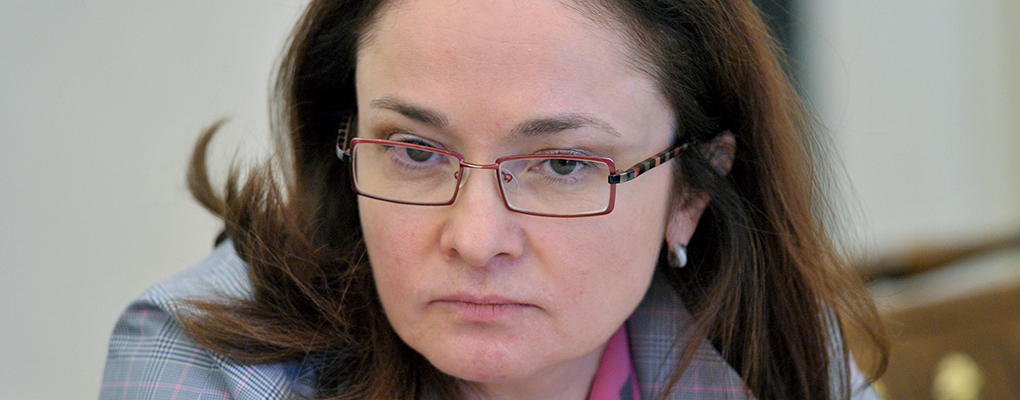
The Russian central bank has opted to hike its benchmark interest rate to 17 percent, up from 10.5 percent previously, to stem the currency’s decline and restore a measure of stability to its stumbling economy. Sparked in large part by plunging oil prices and, to a lesser extent, western sanctions, the bank will be hoping that the increased rate will bring a greater number of investors to the fold.
The bank will be hoping that the increased rate will bring a greater number of investors to the fold
The increase of 6.5 percent, effective December 16, proves that the country’s central monetary authority is committed to protecting its currency; even it means emergency action must be taken. “This decision is aimed at limiting substantially increased ruble depreciation risks and inflation risks,” said the central bank in a brief statement. An interest rate spike of a single percentage point failed to impress on December 11, which left the Bank of Russia with no option but to take drastic action a week down the line.
The bank has so far spent over $70bn this year and over $6bn in the past month protecting the rouble, and to little avail, with the currency’s exchange rate against the dollar having fallen close to 50 percent since December last year. It appears that the rate rise has worked, at least in the short-term, as the currency’s value against the dollar moved to 58, from 67 previously, on hearing of the move. However, the decision to raise interest rates comes accompanied with its fair share of risks, namely slower growth.
The central bank will be looking first and foremost to ward off the risk of deflation and stop any more investors from pulling their money from Russia. Still, the country is not yet out of the woods, and a weak outlook for oil prices will continue to pile pressure on what is an oil-dependent currency.


